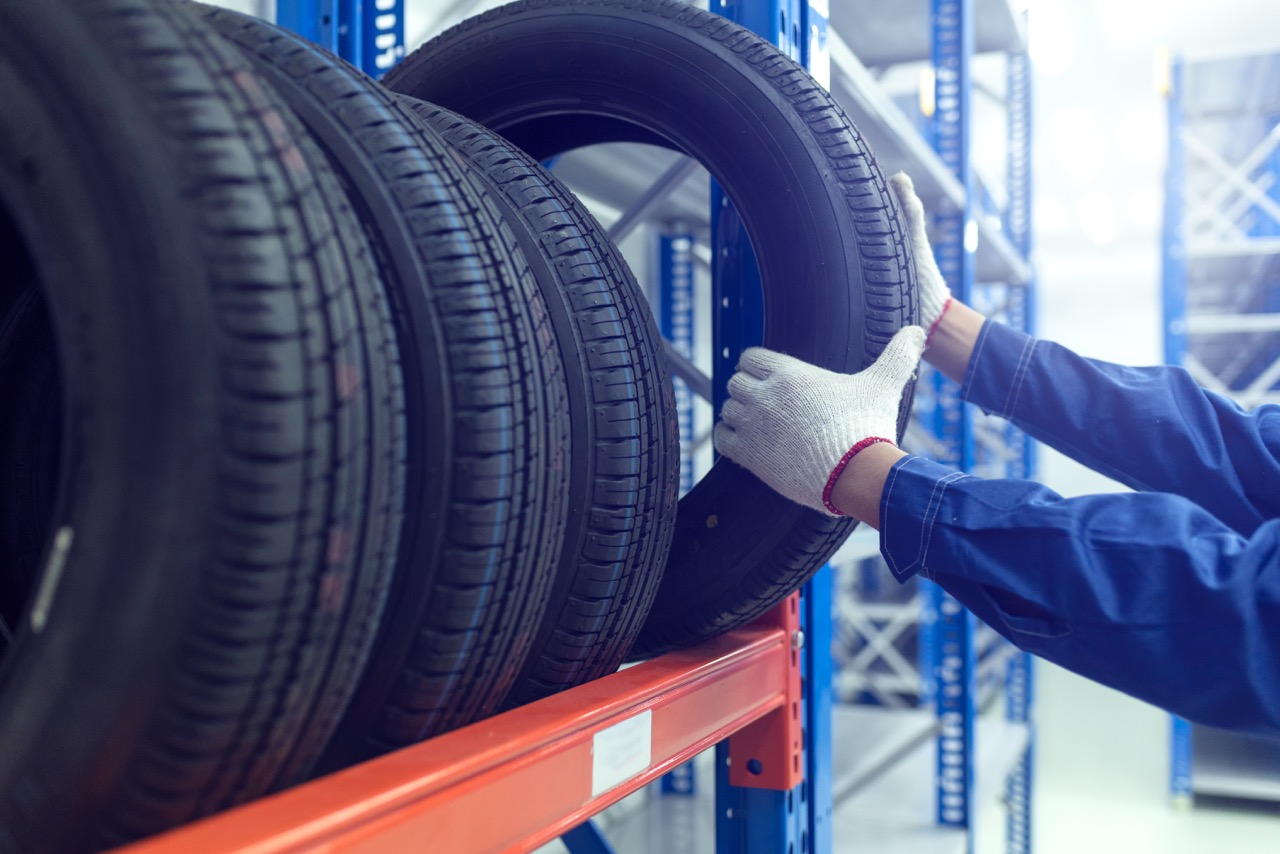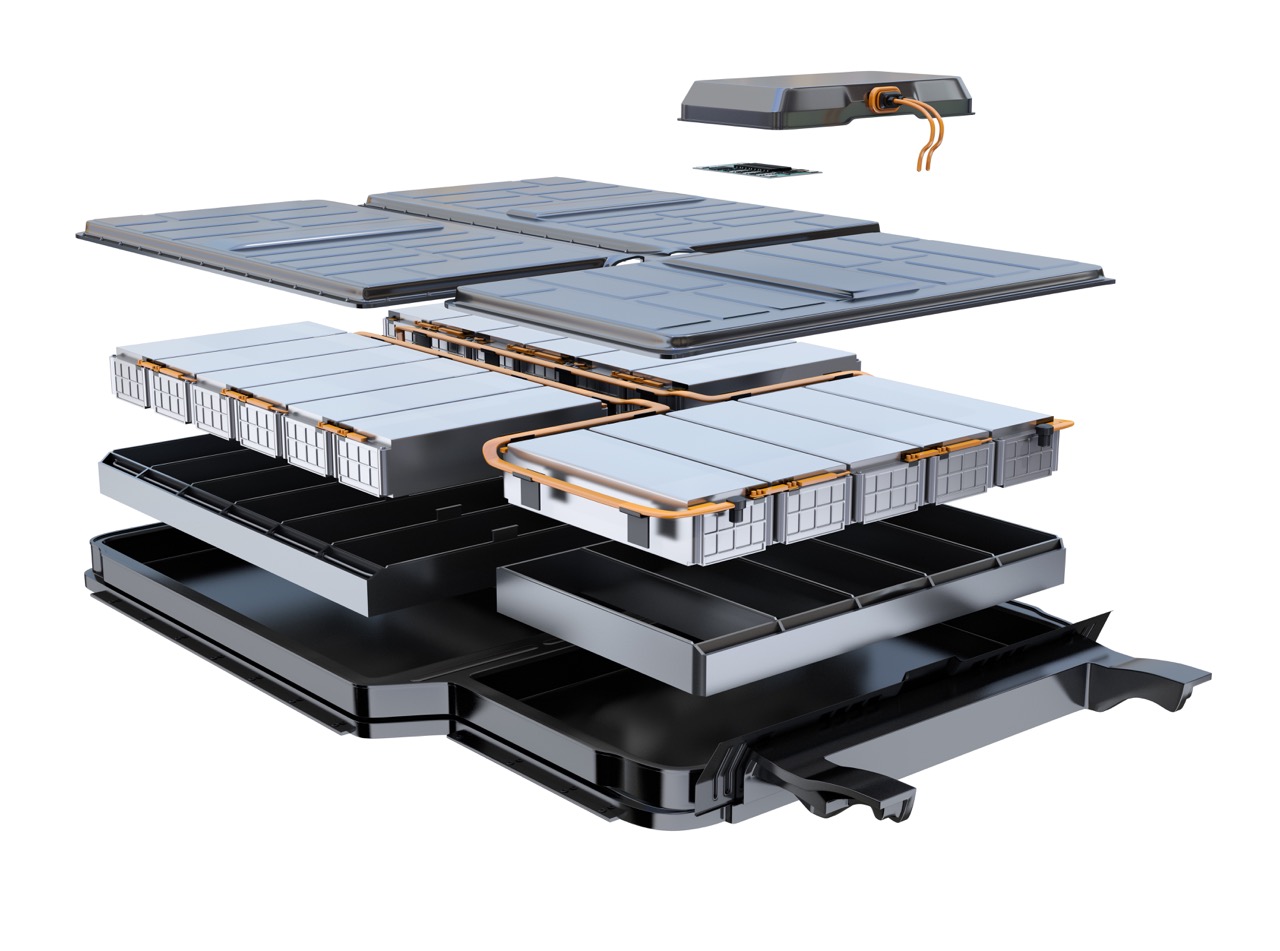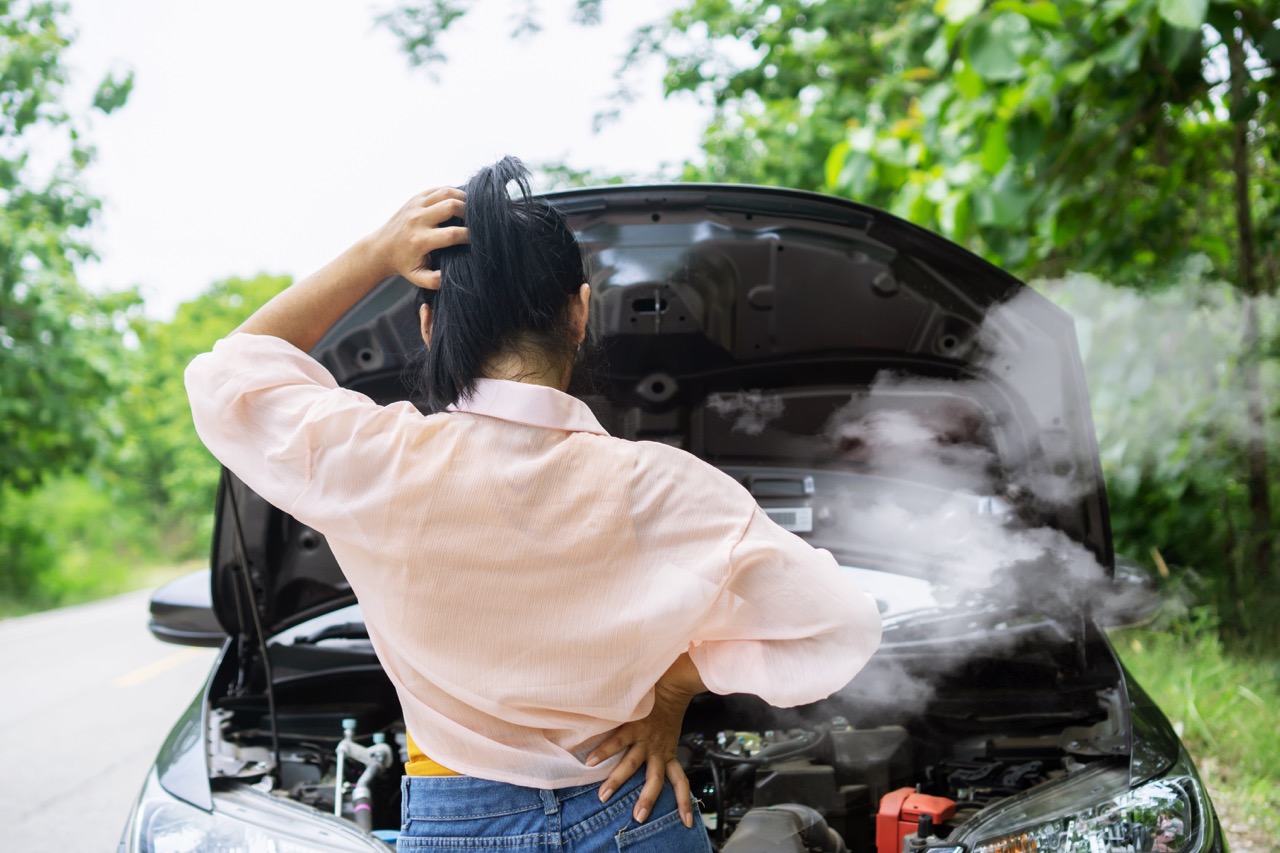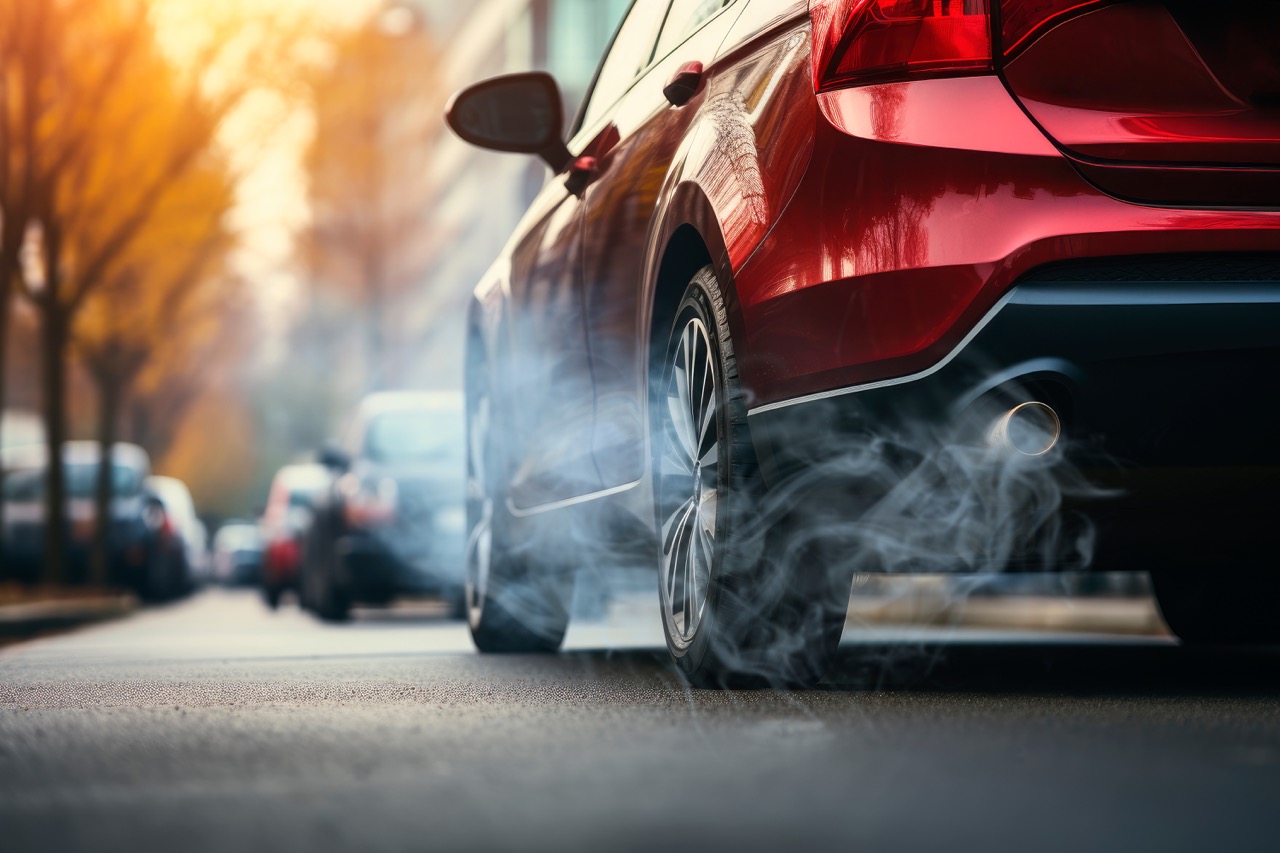
When it comes to car customization, the debate between horsepower and torque is one that has been around for a long time. Some people swear by adding horsepower to their car in order to make it go faster. Others believe that torque is the key to getting good performance from your vehicle. So, which is better? And do bigger tires give you more torque? In this article, we will explore what torque is, what affects it, and how tires can play a role in increasing or decreasing its power.
What Is Torque?
Torque is a force that causes an object to rotate. It is measured in Newton meters (Nm) and is typically found in engines and other mechanical systems. When it comes to cars, torque is what allows you to accelerate from a stop and maintain speed when going up hills. The more torque your car has, the better its performance will be.
What Affects Your Torque?
There are a few different things that can affect your car’s torque output. The most important factor is the engine displacement, which is the total volume of air that the engine can take in. This is typically measured in liters (L) or cubic centimeters (cc). Another factor that can impact torque is the number of cylinders in your engine. The more cylinders your engine has, the more power it will be able to produce. Finally, the type of fuel you use can also affect torque. Gasoline and ethanol have a higher octane rating than other fuels, which means they can withstand higher compression ratios and provide more power.
How Do Tires Fit Into This?
Tires play a role in both horsepower and torque. Horsepower is a measure of how much work your car can do in a given amount of time. The more horsepower your car has, the faster it can go. Torque, on the other hand, is a measure of how much force your car can generate. The more torque your car has, the more force it can apply to the ground, which will give you better acceleration.
So, do bigger tires give you more torque? The answer is yes and no. Bigger tires will increase your car’s torque output by giving it a larger contact patch with the ground. This will allow your car to apply more force to the ground, which will improve your acceleration. However, bigger tires will also increase your car’s weight, which will decrease your horsepower. This means that you’ll have to trade some top speed for better acceleration.
In Conclusion
Ultimately, the decision of whether or not to go with bigger tires is up to you. If you’re looking for better performance, then bigger tires are a good option. However, if you’re more concerned with top speed, then you might want to stick with smaller tires. Whichever route you choose, be sure to do your research so that you can get the best performance from your car.
Tell people to come and upgrade their tires at Master Muffler Bountiful. We have a wide variety of sizes and brands to choose from. We can also help you decide if bigger tires are the right choice for your car. Give us a call or stop by today!
Related Posts
As an EV owner, understanding your vehicle's battery is critical. From its capacity to its lifespan, and everything in between, we'll guide you through what you need to know to optimize your EV experience. So buckle up and get ready - we're about to shed some light on the electrifying world of EV batteries. What [...]
If your car is running hot, it can be a sign that something’s not right with your engine. Fortunately, diagnosing the cause of an overheating engine isn't too difficult if you know what to look for and how to address it. Keep reading if you want to learn the most common issues that occur when [...]
Your vehicle's exhaust system serves a critical role in managing the byproducts of the combustion process and ensuring optimal engine performance. The appearance of colored smoke from the exhaust pipe, either when stationary or accelerating, can provide valuable clues to underlying mechanical issues. What is a car exhaust? A car exhaust is a system [...]





